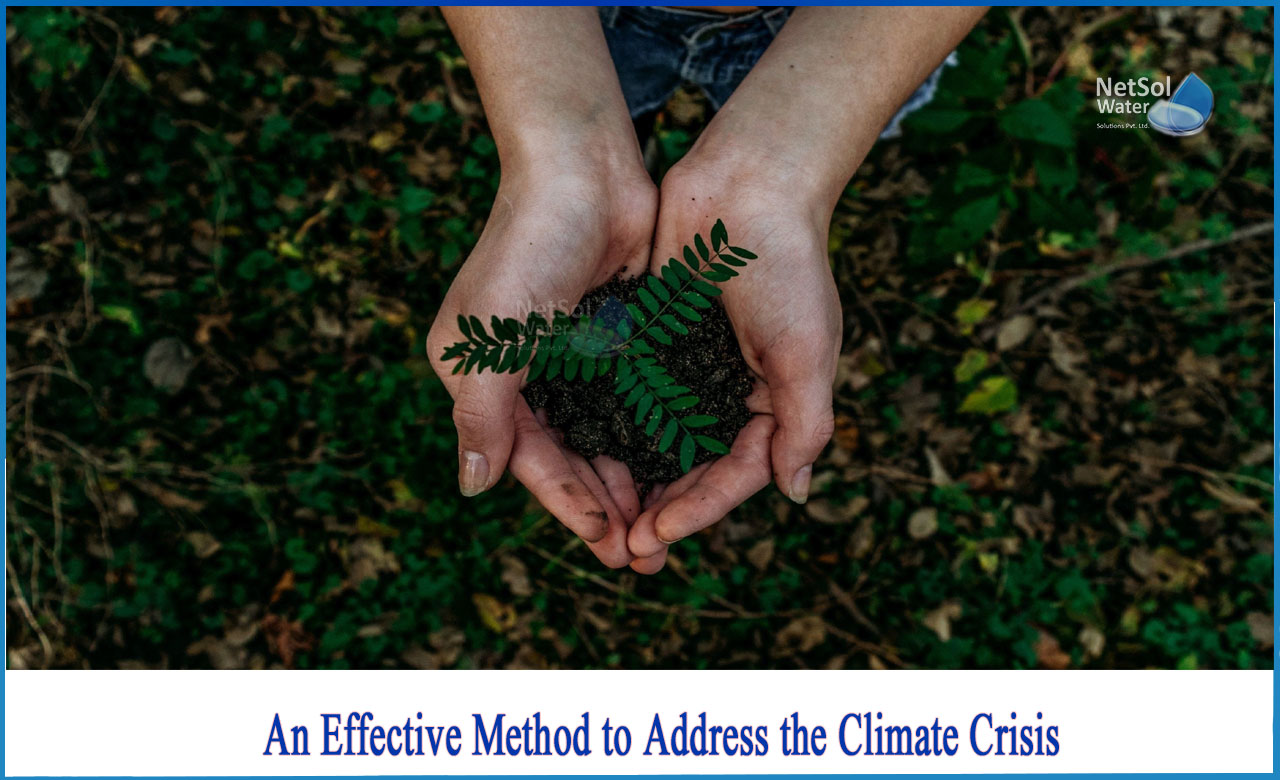How do you address a climate crisis?
The ecological systems of our globe are under increasing strain, millions of people are suffering from the detrimental consequences of air pollution, and just a few nations are on track to reach the Paris Agreement's goals. Leaders must consider new ways of working in order to achieve net-zero emissions and ease the climate problem.To combat the environmental challenges, we should cultivate imagination.
What if our leaders prioritised the growth of imagination, as Rob Hopkins urges in his book From “What is to What if?”
Our models may need to be recreated. Deliberative democracy refers to decision-making that allows individuals to discuss, digest, and analyse certain problems in a safe environment. Debate should be well-informed and enlightening; participants should come from a variety of backgrounds and perspectives, and they should be willing to speak and listen respectfully to one another. In the context of the climate crisis, this can be applied to a wide range of environmental challenges.
Cities and regions are critical participants in the transition to carbon neutrality.
National governments are not the only ones who can help the world transition to a carbon-free economy. The role of regions and cities in this process is crucial.
The work done by OECD on Financing Climate Action in Regions and Cities focuses on their investment in the climate mitigation and the adaptation activities.Some cities have had the foresight to go beyond traditional stakeholder engagement methods such as informal conversation with chosen advisory groups, committees, and public consultation.
Bologna, Italy, has, for example, successfully tested an urban innovation strategy based on civic collaboration. Residents are directly involved in the management of public administrations, with policies that are based on the concept of city as a commons and citizens as a source of energy, skill,ideas and resources for urban renewal.
At every level of government, empowering and harnessing the imagination can lead to innovative solutions.
Every step we take towards a democracy that is more truly inclusive, more bottom-up, and more empowering of local communities brings us closer to creative thinking and limitless possibilities. Citizens' assemblies demonstrate that governance models may be developed in which citizens have a real say in the development of a vision and participate in its implementation.A few cities have gone even further, establishing a "Ministry of Imagination" that allows residents to collaborate with government officials to discover practical answers in a variety of areas.
Deliberative democracy necessitates the willingness to try new things
The most essential intergenerational obligation we have is to address the climate emergency.
The recovery from the COVID-19 epidemic has given all countries the chance to "rebuild better." However, according to the OECD Green Recovery Database, which tracks recovery efforts in the EU OECD, and key emerging countries, governments have dedicated only 21% of cash to ecologically friendly measures thus far. This indicates that the equilibrium has no environmental dimension or, worse, reverses progress.
We must do far better than this if we are serious about moving to a carbon-neutral economy. National green recovery expenditure plans, in combination with bottom-up action, can assist ensure that we actually rebuild for a greener future.
Netsol Water is Greater Noida-based leading water & wastewater treatment plant manufacturer. We are industry's most demanding company based on client review and work quality. We are known as best commercial RO plant manufacturers, industrial RO plant manufacturer, sewage treatment plant manufacturer, Water Softener Plant Manufacturers and effluent treatment plant manufacturers. Apart from this 24x7 customer support is our USP. Call on +91-9650608473, or write us at enquiry@netsolwater.com for any support, inquiry or product-purchase related query.



